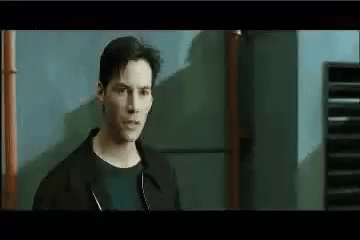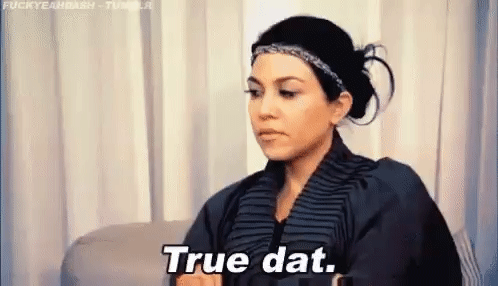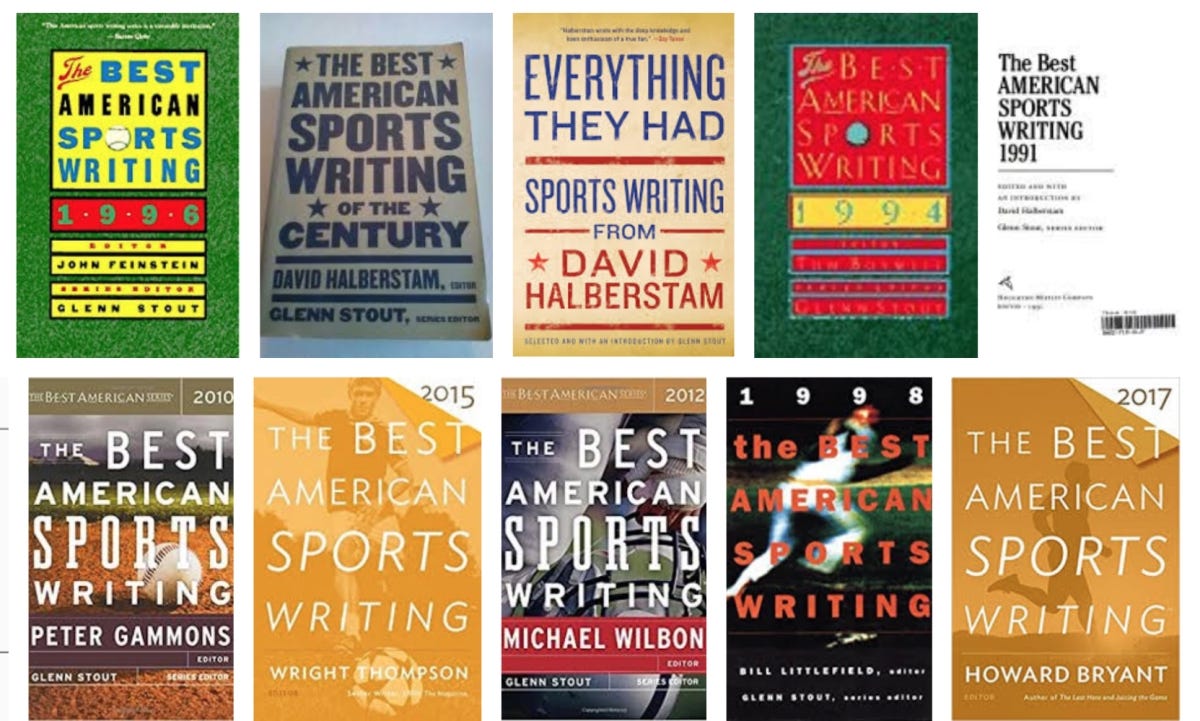Lessons Learned Working with a Professional Editor
And how to best engage with Twitter...
My book, Zen and the Art of Coaching Basketball: Memoir of a Namibian Odyssey, comes out a week from today. I’m a combination of nervous and busy as I prepare for “launch week.” For this Thursday’s podcast episode I’m going to interview my book editor, Glenn Stout (@GlennStout). We plan to talk the editing process from his perspective and mine.
If you’re a fan of sports writing you likely know Glenn from the long-running series The Best American Sports Writing.
From 1990 through 2020 BASW had a different Guest Editor, starting with David Halberstam, while Glenn remained the overall Series Editor. I grew up reading BASW and my father and I would gift each other a copy every Christmas. You’d find us sitting in the living room, red and green wrapping paper discarded on the floor, reading our copies of BASW.
As I was working on my book, Zen and the Art of Coaching Basketball, I glanced at the 2018 BASW sitting on my bookshelf and remembered the Series Editor, Glenn, lived in Vermont. He signed off his introduction each year from Alburgh, Vermont.
I grew up in Waitsfield, Vermont and thought, “Maybe I could contact Glenn and, since I’m from Vermont, he would take a look at my manuscript.” Crazy, right? But that’s how you think sometimes when you’re a writer.
Long story short, Glenn has a website and offers editing services. We set up a phone call, he took a look at my draft, gave helpful feedback, and I engaged him as my editor.
Over the course of five months I sent Glenn a draft about once a month and, a few days later, he sent it back with detailed comments. A day or two later we would have a long phone call. It was a one-on-one master class in narrative non-fiction.
Which leads me to today’s topic…
Lessons Learned Working with a Professional Editor
Here are some of the lessons I learned from Glenn.
-The story will tell you how it wants to be told.
For narrative non-fiction it’s fine to have an idea of what the structure is going to be. However, as you’re writing, the story will… speak to you. It will gift you the structure as long as you’re not too rigid to listen. This is part of what Norman Mailer referred to as “the spooky process.”
As the writer it is your job to be open.
Listen to the story as it speaks to you.
-Show, don’t tell.
Write in scenes. Get in, get out. If possible use dialogue.
-Imply Meaning
Emphasis on imply.
There is a fine line between putting a button on a scene and hitting a reader over the head with the meaning.
Err on the side of subtlety.
-Read your work with fresh eyes.
Once you get in the weeds it is difficult to read your work fresh. Here are four ways to see/hear it anew:
Read your book aloud. Note where sentences are clunky or don’t sound right.
Read it aloud again, this time recording yourself on your phone and play the recording back.
Print the book out in a font you hate and read it.
Have your computer read your book aloud to you in the funny computer voice.
-Final Thoughts on Working With an Editor
A shitty editor prescribes answers.
A good editor suggests solutions.
A great editor asks questions.
-Cost
Some of you may be wondering how much it costs to work with an editor. Glenn charged $1,000.
I’ve heard of others charging (much) more.
Econ 101
Speaking of money, writer Lincoln Michel (@TheLincoln) over at Counter Craft has two posts about the economics of writing and publishing.
The first is “Author Advances.”
I added my two cents on Twitter.



The second breaks down, “How Much Money Do Authors Actually Earn?”
FYI, my two “go-to” newsletters for the business of publishing, and a host of other topics, are Counter Craft (free) and Kate McKean’s (@kate_mckean) Agents and Books ($5 a month).
Kate’s top free post is about word count.
Three Tweets You May Have Missed





Asking for “Blurbs”
In last week’s post I wrote about asking for blurbs and used the email I sent former D1 coach Jen Fry. As promised, here’s Jen’s blurb :-)
That’s all for today. Look for my interview with Glenn on Thursday and then a book release email and podcast double-header with Andrés Alvarez (@NerdNumbers) of Nerd Numbers and The Box Score Geeks Show next Monday.
Cheers,
Ben
P.S. You can read the first chapter of Zen and the Art of Coaching Basketball here.






